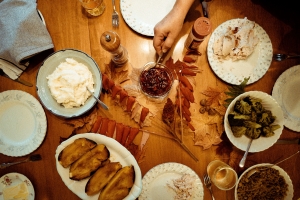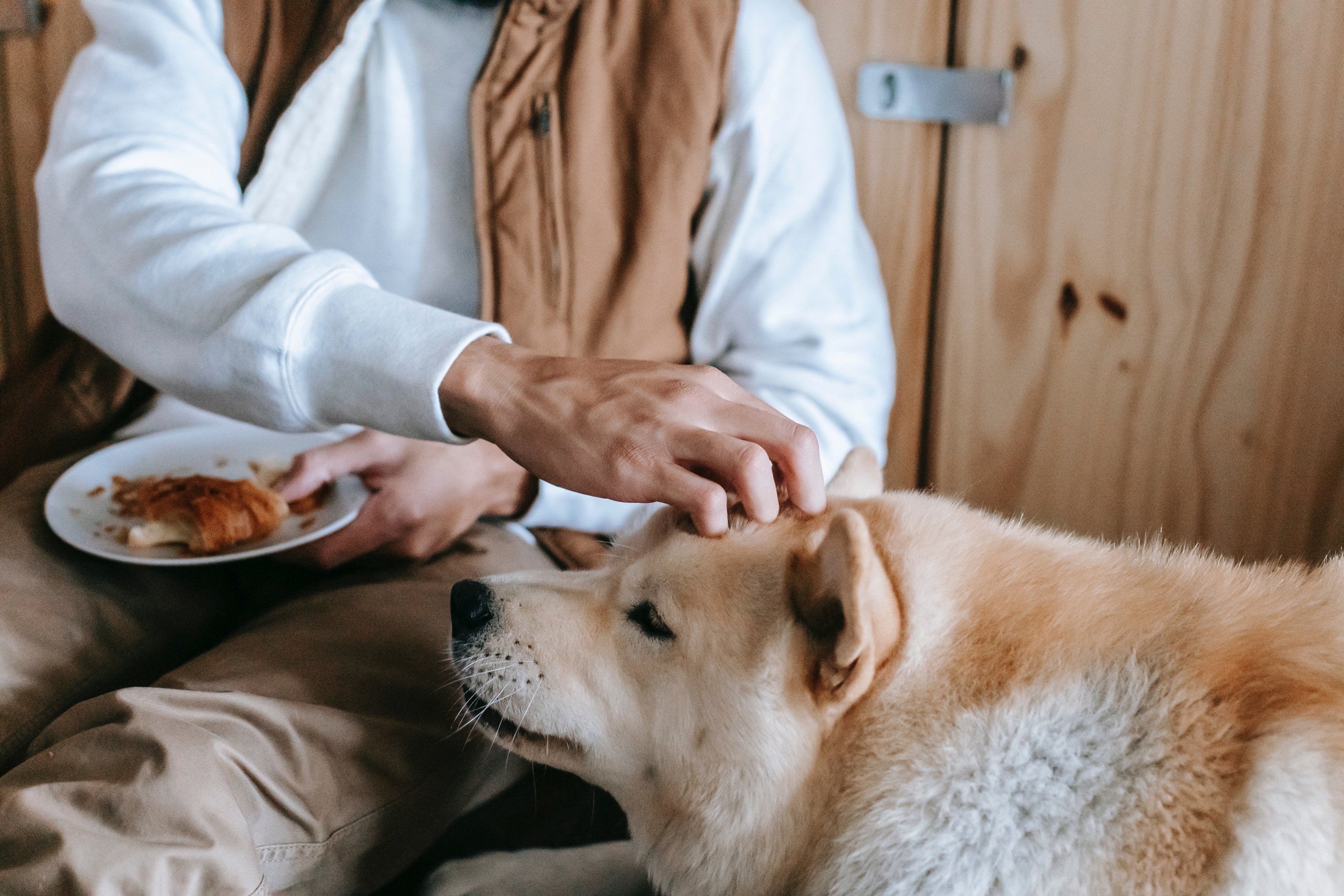What Can My Pet Eat on Thanksgiving Day?
As Thanksgiving quickly approaches, it is important to discuss and understand which foods are okay to feed our furry friends.
Many foods that we eat on Thanksgiving day are easily shareable with our pets but there are some foods that should be avoided. Let’s discuss the foods to give and when we should avoid sharing:
Foods that can be shared PLAIN:
These foods can be shared raw or gently cooked by baking, boiling, or steaming without added fats, sweeteners, or seasoning.
- Baked or boiled mashed potatoes/sweet potatoes

- Broccoli
- Green beans
- Carrots
- Turkey (white or dark meat)
- Cranberries
- Pumpkin
- Apples
Foods/Ingredients to Avoid:
- Gravies contain a decent amount of sodium
- Certain seasonings contain a decent amount of sodium
- Certain broths contain high sodium content and vegetables that dogs should not eat (like onions)
- Bones because cooked bones can splinter and cause damage to the gastrointestinal tract
- Skin of the turkey is very fatty and can lead to pancreatitis (inflammation of the pancreas)
- Stuffing(s) contains onions and is also made primarily of highly processed carbohydrates (containing high levels of sodium) and onions can cause damage to red blood cells leading to anemia in your pet
- Cranberry sauce is typically high in sugar
- Carrot and green bean intake should be limited as they contain decent amounts of sugar
- Pumpkin pie and apple pie both contain loads of sugar
Why should we avoid foods high in sugar and sodium?
Foods that are high in sugar tend to cause upset stomach, weight gain, and impact multiple organ health. Foods that are high in sodium can lead to dehydration, vomiting/diarrhea, muscle tremors and even seizures. Sodium is necessary in a pet’s diet but only a very small amount and too much sodium can be harmful. Natural sugar (through our fruits and vegetables) is okay for our pets, but artificial and processed sugars (such as those found in our snack foods) or too much can cause these issues.






